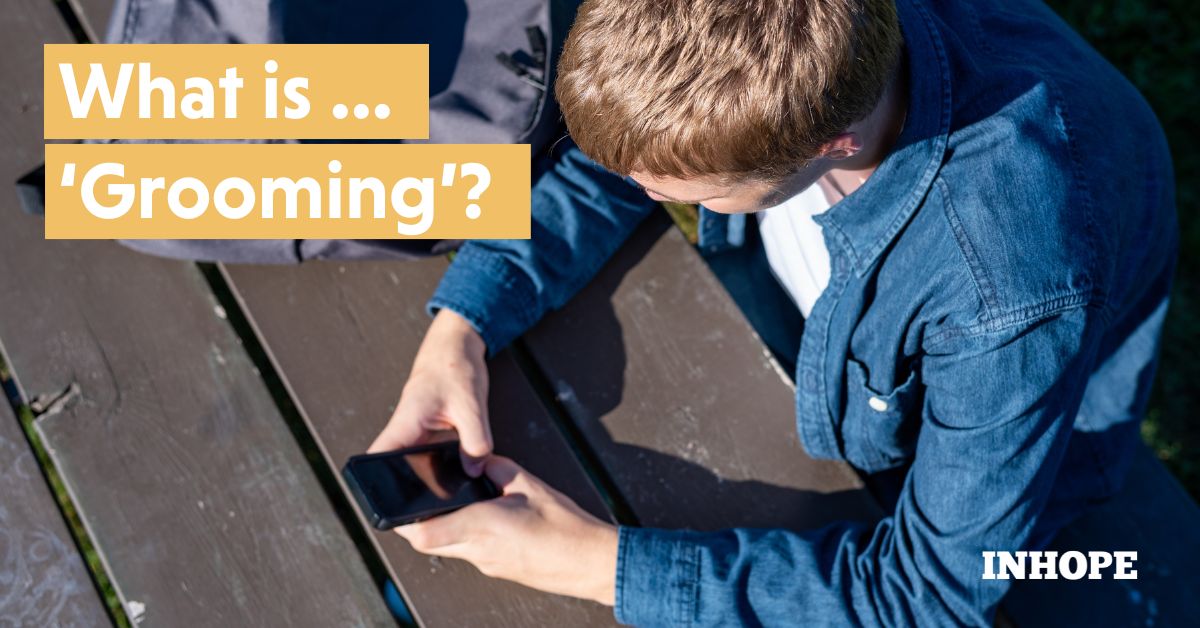Article
Educational Articles
What is grooming?
Grooming is defined as "actions deliberately undertaken with the aim of befriending and establishing an emotional connection with a child, in order to lower the child's inhibitions in preparation for sexual activity with the child".
It consists of creating conditions and relationships with the child, but may also include creating relationships with other people influencing and protecting the child and sometimes even more broadly with the whole community. Creating these conditions and relationships enable an offender to abuse a child whilst minimizing the risk of being exposed or anyone understanding the serious nature of what is going on. One way this happens is by confusing the perception of normal and abnormal relationships between children and adults.
Does grooming only happen online?
Grooming usually precedes sexual abuse, whether it takes place online or offline. New technologies provide offenders with easy access to children however, and enlarge the possibilities for manipulative interaction through interactive channels like social networking platforms, chat, interactive games etc.
My child is very careful about the adults they speak to in real life. Why is the internet different?
Because communication on the Internet is public and perceived as anonymous, children often feel they are safe. One of the dangers, however, is that children don’t know who they are talking to. Those wishing to sexually abuse children may pose as children or teenagers themselves to initiate conversations with potential victims, often being very informed about the current trends in fashion, sports, etc., and even the language used by children and teenagers.
Who can be a victim of online grooming?
Anyone using online interactive channels may be targeted in online grooming attempts. The less children are provided age appropriate information about sex and sexual relationships by the school or their parents, the more prone they might be to seek information from websites or engage in sex-related communication with someone they don’t know online.
If you think that you or someone you know might be the victim of grooming, it is important to remember that it is not your fault and that help is available.
For more information about how to spot grooming and keep your child safe, or to seek professional help, contact your national helpline here.
Read more about how to help keep your child safe online.

If you'd like to learn more about topics like this, then
click here to sign up for INHOPE Insights and Events.